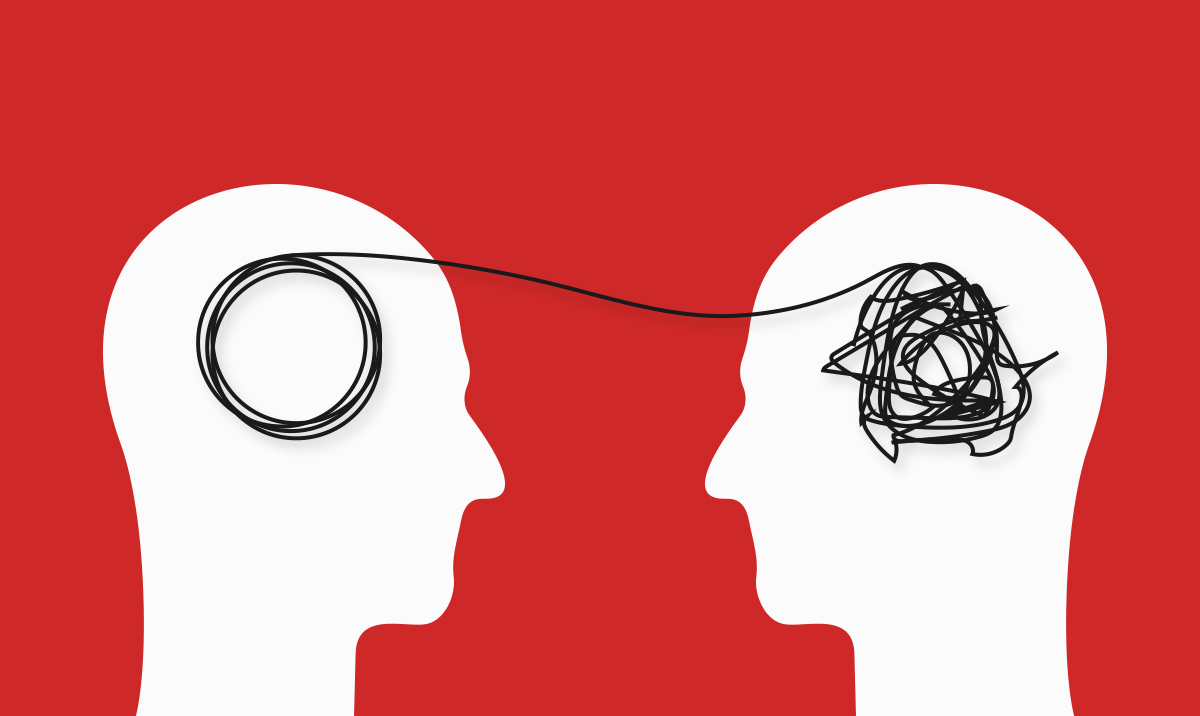First of all, we should be clear that the biggest factor affecting height is still genetics. Height change is a developmental process, and will be affected by the acquired environment such as diet, living habits and many other aspects. However, genetic factors still account for 70% of the factors that determine height, the acquired factors are only about 30% – seven parts of God’s destiny, three parts rely on hard work!
Genetics can’t be changed. Unless you can ride in a time machine to your parents’ wedding, and rebuke your parents not to get married – by the way, if this is realized, is it that you will disappear on the spot?
Getting back on topic, what are some of the factors that we can intervene with later in life?
The first major factor, of course, is nutrition. Adequate nutrition ensures healthy development of the body, from bone growth to normal endocrine functioning. Nutrition is the foundation for reaching the genetic ideal for height.
Nutrition is now known to the human body’s essential nutrients are more than 40 kinds of nutrients, such as protein, carbohydrates, fat, calcium, iron, iodine, vitamin A, vitamin B1, vitamin B2, vitamin C and so on. All of these nutrients we need to obtain by eating food in order to fulfill the body’s need for these nutrients.
Getting back on topic, what are some of the factors that we can intervene with later in life?
The first major factor, of course, is nutrition. Adequate nutrition ensures healthy development of the body, from bone growth to normal endocrine functioning. Nutrition is the foundation for reaching the genetic ideal for height.
Nutrition is now known to the human body’s essential nutrients are more than 40 kinds of nutrients, such as protein, carbohydrates, fat, calcium, iron, iodine, vitamin A, vitamin B1, vitamin B2, vitamin C and so on. All of these nutrients we need to obtain by eating food in order to fulfill the body’s need for these nutrients.
The second major factor, is exercise. Moderate physical exercise can stimulate the secretion of growth hormone, promote bone growth, improve blood supply and metabolism. School-age children can do upward jumping sports, such as jumping ribbons, shuttlecock and a variety of balls; adolescents can do jumping and other bouncing sports and whole-body sports, such as basketball, volleyball and so on. And weight lifting, barbell, shot put, discus and other weight training, it is best not to practice before the age of 18. As mentioned earlier, outdoor exercise in the sun can also increase the production of vitamin D in the body.
The third major factor, is sleep. Growth hormone secretion peaks at night during deep sleep. 3 to 6-year-old children should sleep 10 to 12 hours a day; elementary school students, junior high school students 9 to 10 hours; high school students 8 to 9 hours a day. In order to get into deep sleep as soon as possible, it is best to put your child to bed before 10:00 pm. Speaking of growth hormone secretion, it is also important to keep your child in a happy mood. If your child is stressed and depressed, it will also affect growth.
In short, eating a proper diet and supplementing nutrition, exercising well and sleeping well are just some of the tips we can master to grow taller. However, it is not necessary for everyone to be tall, right? There are different from others, there is a small “imperfection”, is also a kind of good ah.




